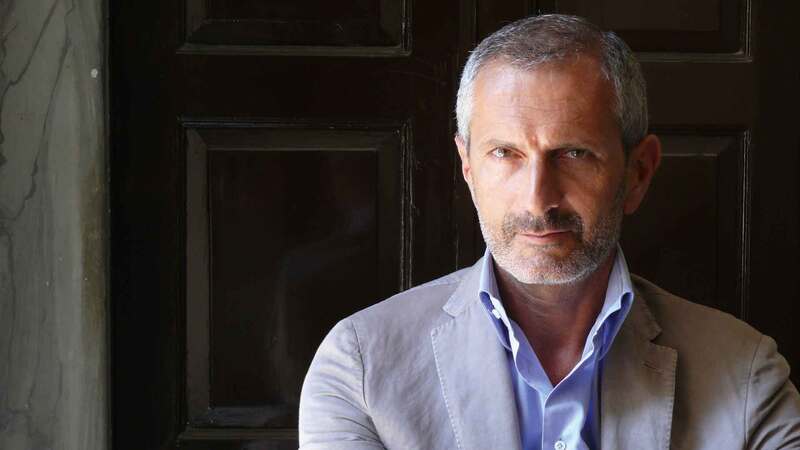You are viewing your 1 free article this month. Login to read more articles.
Extract: The Son
Still looking for words
That say something
Where you look for the people
Who no longer say anything
And still finding words
That can say something
Where you find people
Who can no longer say anything?
Erich Fried
Dad is having new experiences. Like not getting through a day without crying for five full minutes, or three blocks of ten minutes, or a whole hour. That’s new. His tears stop, start again, stop once more, then come back, etc. All sorts of varieties of sobbing, but not a day without any. It gives life a different structure. There are sudden tears; a single gesture, word or image and there they are. There are tears with no apparent cause, stupidly there. There are tears with an unfamiliar flavour; no halting breaths, none of the usual gurning, not even
the sniffling, just tears flowing.
With him, it tends to be in the morning that he feels like crying.
On the eleventh day after I died, Dad went to take my duvet to the cleaners. Walking up the rue du Couédic, his arms laden with my bedding, his nose buried in it. He thinks he’s smellingmy smell. Actually, it stinks; I’d never had those sheets washed, or that duvet. Days I’d been sleeping in them, months and months. He doesn’t find them offensive now. Quite the opposite: there’s still something of me in those white depthshe’s carrying to the cleaners, like someone bearing the holy sacrament. Dad’s crying with his nose in folds of cotton. He doesn’t look people in the eye, makes detours, going much further than he needs to, turning right on to rue Obscure, walking down it, then back up, on to rue le Bihan, rue Émile-Zola, les Halles, four hundred metres instead of the one hundred it should take. He’s making the most of it. He has one more fix of the duvet and finally opens the door to the shop.
Yuna the Wasted Talent is there, feeding coins into an automatic washing machine. Dad can’t hang about. Condolences, etc. The manager – more condolences, etc. – relieves him of the duvet. Dad would have liked the exchange to last a little longer: a queue, a phone call from a customer, a delivery, a thunderstorm, just so it went on long enough for him to carry on breathing in the last dregs of my smell. Dad hands it over; he’s losing it, losing it.
Back home, he finds the dog chewing my slippers. My smell’s on them too. Come on, Dad, you’re not going to squabble with Yanka and start sucking on my stinking slippers, are you? How long will the dog go on recognising my smell? Worth checking in, say, three months: a hundred days, that’s perfect, the usual state of grace for newly appointed heads of state.
But the state of grace for the newly dead, the period when everything makes you think of them, when just mentioning their name makes you cry, how long’s that? A hundred days, a year, three years? We’ll have a chance to measure this objectively. How long will Yanka go on bounding over to my slippers to relish the smell of them and the leather? At what point will Mum and Dad stop searching reverently for the tiniest trace of me? How long will they carry on deliberately immersing themselves in things that make them cry? Will I go on presiding over every moment of their lives?
Interesting questions. Go on, Dad, admit it, sometimes in between two sobs you wonder about all this too. But it feels obscene to think of
the future; now that I’m dead, you’ve forgotten there even is a future.
The Son by Michel Fostain is published by Tinder Press in May.














